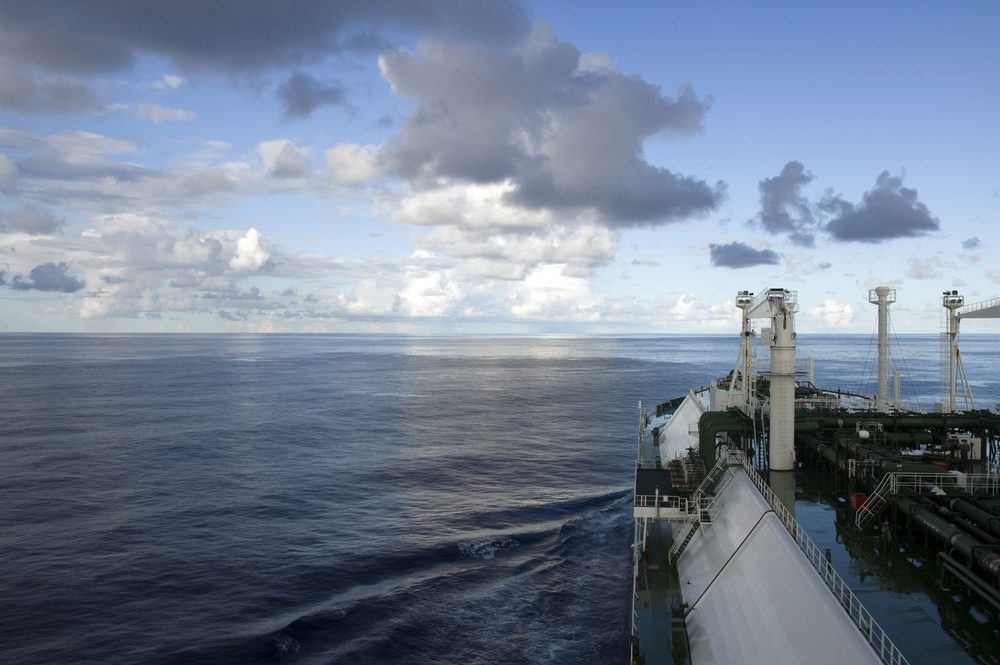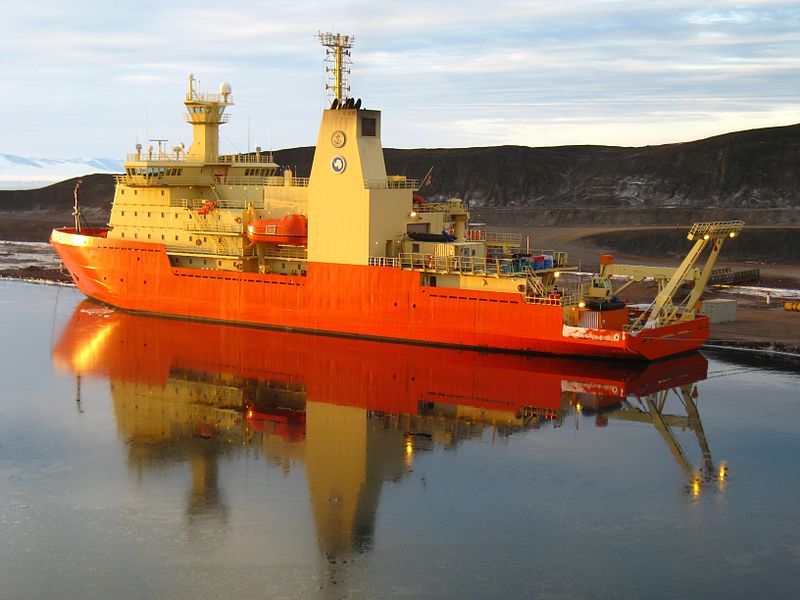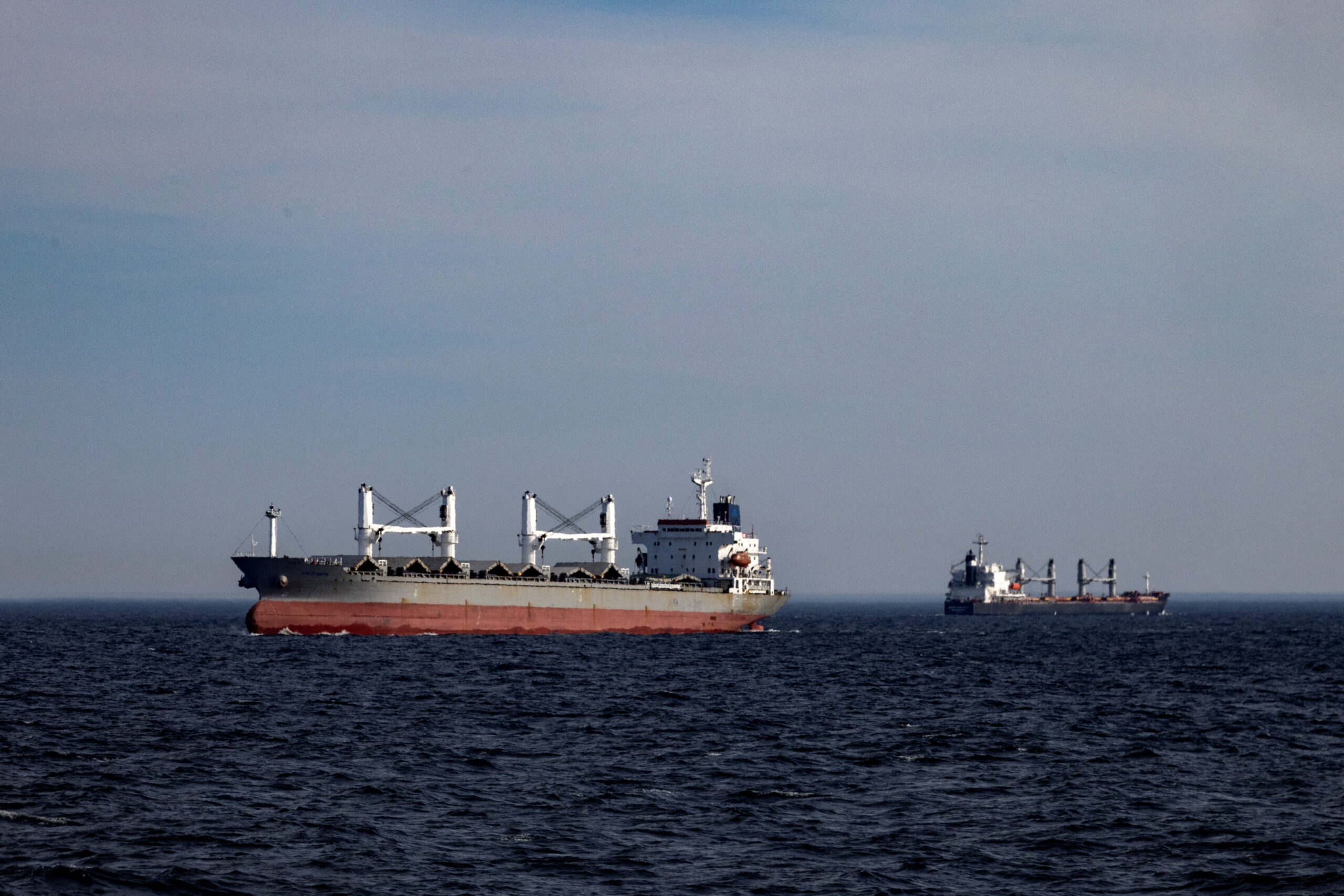By Christopher Donville and Rebecca Penty
Oct. 22 (Bloomberg) — Royal Dutch Shell Plc is among liquefied natural gas developers applauding British Columbia’s plan to halve a proposed tax on multibillion-dollar projects along the Pacific Coast as markets become less lucrative.
Canada’s westernmost province yesterday announced a tax of 1.5 percent of profits that rises to 3.5 percent after developers recoup the cost of building terminals. That compares with 1.5 percent and 7 percent proposed in draft legislation in February. In 2037, the top rate rises to 5 percent.
The tax framework “provides balance and consideration of the challenges,” LNG Canada, a project led by Shell, said in a statement yesterday. “We are pleased to have certainty on a final B.C. LNG tax framework.”
A rout in oil prices is reducing profitability prospects for LNG sellers, whose contracts are mostly linked to crude, as supplies are set to rise from terminals under construction in the U.S. and Australia. Shell, BG Group Plc and Malaysia’s Petroliam Nasional Bhd. have pushed for better terms to export from Canada as they compete with other Asia-focused projects.
“We appreciate the fact that the government has revisited their original tax,” David Keane, president of the BC LNG Alliance representing six projects in the province, said by phone. “We have to be concerned with overall pricing.”
Brent oil, the global crude benchmark, collapsed to a near four-year low last week amid projections of slower global growth and rising supplies from U.S. shale, before paring losses on higher-than-expected economic figures from China.
LNG developers are also facing pressure from buyers such as power utilities in Asia, which are banding together to secure lower prices, including contracts that are tied to the U.S. price of gas.
‘Market Changes’
“What ultimately persuaded us around the necessity to finalize tax rates where we did, were changes in the market,” Michael de Jong, the provincial finance minister, said yesterday in an interview in Victoria. “To the extent that proponents identified and highlighted those market changes, we analyzed and certainly agreed that the market had changed.”
British Columbia Premier Christy Clark has held discussions with the developers for more than a year regarding the tax. Petronas, as the Malaysian state-owned crude producer is known, said earlier this month it may delay construction of its C$10 billion ($8.9 billion) terminal past 2030 unless proposed taxes were lowered.
Pacific NorthWest LNG, the project led by Petronas, is reserving comment on the tax until it has time to review it, Spencer Sproule, a spokesman, said in an e-mail. The company is testing lender interest for as much as $12 billion of financing for the project, people familiar with the matter said this week.
Stock Reaction
Shares of Canadian energy service providers from Calfrac Well Services Ltd. to Canyon Services Group Inc. rallied today on expectation the lower tax proposal will help boost business. They are among companies that have been working for Petronas and may benefit from projects in British Columbia, Raymond James Ltd. analysts led by Chris Cox in Calgary said in a note.
“The government’s responding to world conditions, and that’s encouraging,” Geoff Morrison, a manager at the Canadian Association of Petroleum Producers, told reporters in Victoria.
Clark’s Liberal Party was re-elected to majority power in the province last year after pledging to use LNG-industry revenue to erase debt. The government said LNG may add C$1 trillion to the British Columbia economy by 2046. Eliminating the debt is achievable though it will now take longer, de Jong told reporters.
Tax Credit
The government also committed to introducing a credit that would reduce corporate income tax to as low as 8 percent, down from 11 percent, available to any LNG developer with a permanent office in British Columbia.
British Columbia, which pledged to make its LNG industry the world’s cleanest, also announced rules this week to limit carbon-dioxide emissions from the projects to the lowest among global competitors.
Under the rules, shipping terminals emitting more than the equivalent of 0.16 metric ton of carbon dioxide per ton of LNG will be able to offset emissions by buying credits or paying into a technology fund.
‘Other Issues’
“There are still other issues we have to resolve and get clarity and certainty on,” said Keane of the BC LNG Alliance. In addition to other taxes, the industry is assessing how much skilled labor is available, the cost of materials and the logistics of building gas pipelines across two mountain ranges.
Canadian developers are lagging behind competitors on the U.S. Gulf Coast, with none of the proponents of 18 shipping terminals in British Columbia having yet decided to start construction.
“We’re in a very different spot than we were even six months ago,” said Byron Beswick, a Calgary-based oil and gas tax partner at Ernst & Young LLP. “We would have never expected six to eight months ago that the U.S. would be progressing as fast as it is with LNG.”
–With assistance from Divya Balji in Toronto.
Copyright 2014 Bloomberg.

 Join The Club
Join The Club











